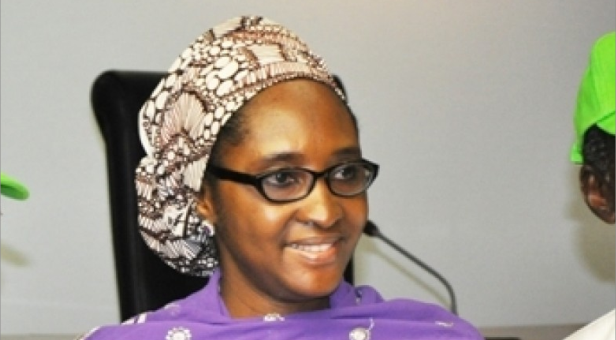The Minister of Finance, Budget and National Planning, Zainab Ahmed, had at the Presidential Communication Team maiden briefing at the State House, Abuja, said that the Implementation of Economic Sustainability Programmes contributed largely to Nigeria’s successful exit from second recession, which government officials claimed was achieved within a short time.
The Finance Minister disclosed that the Federal Government secured funds from DFIs – IMF, AfDB, IDB and other international financial institutions – to reflate the Nigerian economy caused by the Coronavirus pandemic. He stated that the government is committed to lowering the inflation rate in the country, adding that food inflation is the highest.
The Finance Minister declared: “We have a major target to bring down inflation to single digits. We are working with the Presidential Economic Advisory Council, PEAC, and the Central Bank of Nigeria to achieve this.
“When you decouple it, you find that transport costs are the largest contributor hence the decision to reduce import duties on Tractors and other vehicles.
“We have approval from the President to submit a supplementary budget to NASS to fund Additional Covid vaccines – to complement the ones arriving soon.
“Nigeria’s debt is still very much within sustainable limits. We need to roll out infrastructure now, and grow the economy now, not later. Our focus is on growing our revenues.”
Some stakeholders in the country questioned the veracity of the Finance minister’s statement, arguing that Ahmed may have misinformed the presidency on the real situation of recession in Nigeria.
They noted that even the 0.11% the federal government is celebrating as recovery growth rate is clear statistics of an underperforming national economy. They challenged the Finance Minister to clarify the growth or recovery ratio of the economy to the unemployment rate which is on the rise. They further questioned the NBS statistics which was rolled out at time of increasing hardship and deteriorating standard of living of Nigerian citizens, questioning if the 0.11% GDP growth is capable of sustaining the estimated 150 million population of Nigeria.
The stakeholders also disputed the Finance Minister’s claim that Nigeria’s debt is within limit, implying that the government can still go for more debts.
However, Ahmed also said that the government achieved 97% budget performance in 2020.

 Entertainment1 week ago
Entertainment1 week ago
 Entertainment5 days ago
Entertainment5 days ago
 Comments and Issues1 week ago
Comments and Issues1 week ago
 Comments and Issues1 week ago
Comments and Issues1 week ago
 Health7 days ago
Health7 days ago
 Business1 week ago
Business1 week ago
 Comments and Issues1 week ago
Comments and Issues1 week ago
 Health3 days ago
Health3 days ago






